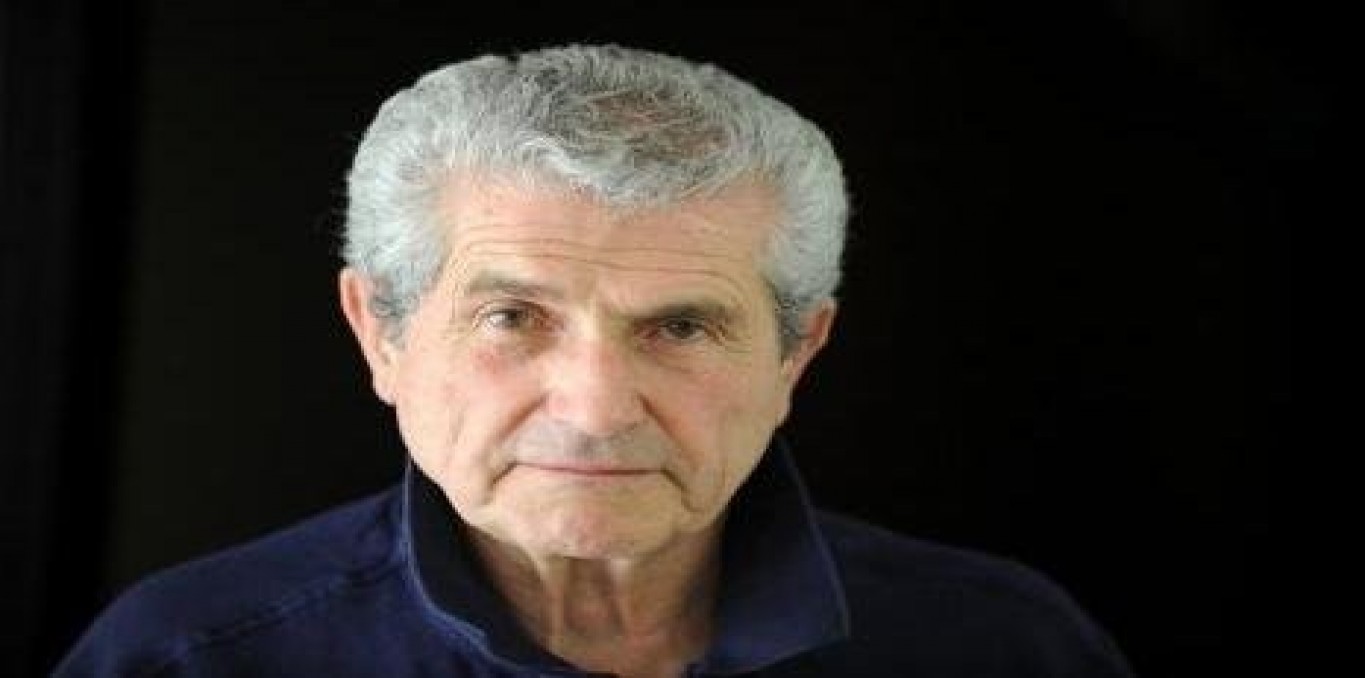Claude Lelouch

Claude Lelouch is a French director, screenwriter, producer, and cameraman, born in 1937 in Paris. Leaving school at an early age, Lelouch set out to make reports around the world, including Quand le rideau se lève, shot illegally in the USSR in 1957. After directing several short films within the French Army’s Cinematographic Service (SCA), he founded his own production company, Les Films 13, in 1960, and made his first feature film, Le propre de l’homme (1961). While he embraced certain principles of the French New Wave — lightweight shooting setups, an artisanal approach to filmmaking, a focus on improvisation and authenticity — his path, themes, and relationship with critics and institutions kept him somewhat on the fringes of the movement. After several films that went largely unnoticed, he achieved major success with A Man and a Woman. Awarded the Palme d’Or at the Cannes Film Festival in 1966 and two Academy Awards, the film stood out for its spontaneous style, natural performances, and the virtuosity of its handheld camerawork. This approach would become the director’s signature. Several of his films — including Live for Life (1967), And Now My Love (1974), Bolero (1981), and Itinéraire d’un enfant gâté (1988) — are now considered classics of French cinema. Through a dense and eclectic body of work, Claude Lelouch has distinguished himself by an inexhaustible creative energy and a constant ability to reinvent his filmmaking
Related to this realisator

Far from Vietnam
In 1967, Alain Resnais, William Klein, Joris Ivens, Agnès Varda, Claude Lelouch, Jean-Luc Godard, and Chris Marker co-directed this film to express their solidarity with the struggle of the Vietnamese people. Each offers a distinct and personal perspective on this conflict, set against a backdrop of international public anger and mobilization.

Far from Vietnam
In 1967, Alain Resnais, William Klein, Joris Ivens, Agnès Varda, Claude Lelouch, Jean-Luc Godard, and Chris Marker co-directed this film to express their solidarity with the struggle of the Vietnamese people. Each offers a distinct and personal perspective on this conflict, set against a backdrop of international public anger and mobilization.
